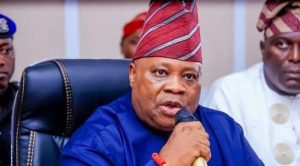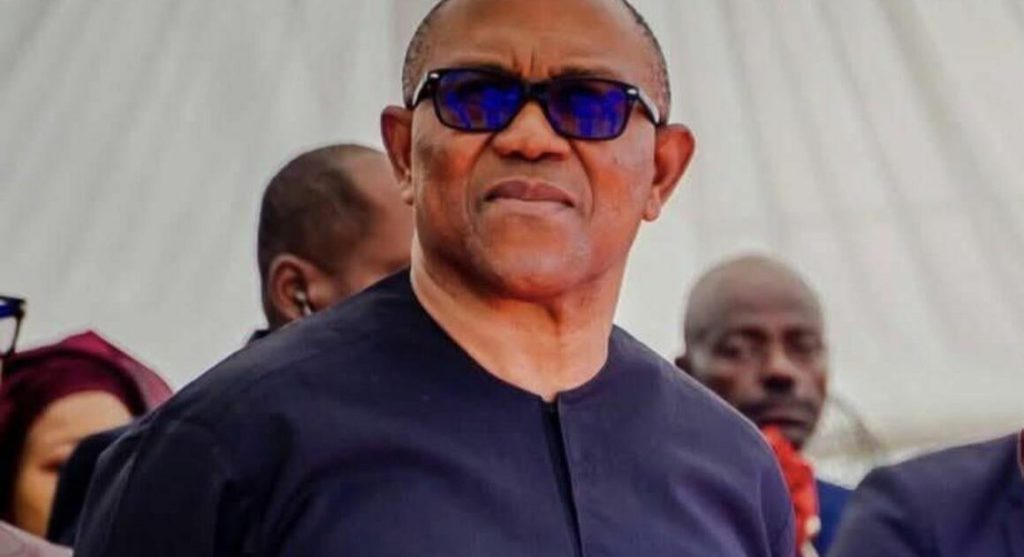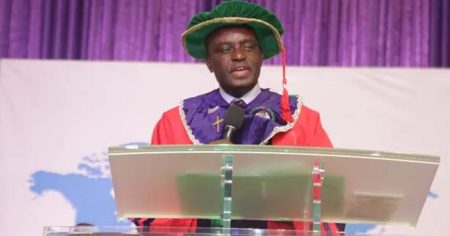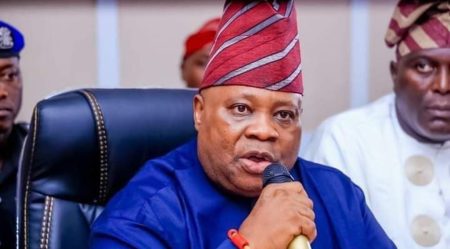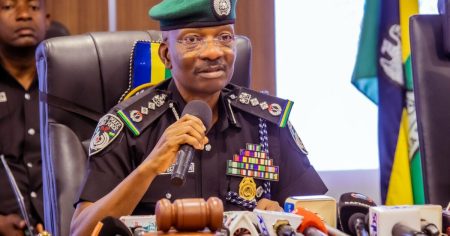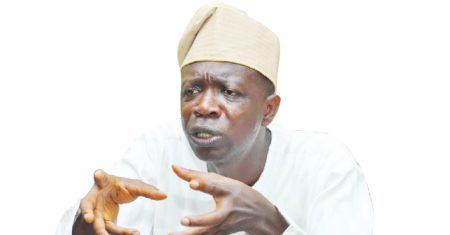Peter Obi’s Vision for Nigeria: A Deep Dive into His 2027 Presidential Aspirations
Peter Obi, the Labour Party’s presidential candidate in the 2023 Nigerian election, has formally announced his intention to run again in the 2027 presidential race. During a live online session, Obi outlined his vision for Nigeria, promising a single four-year term focused on addressing the nation’s most pressing issues. He emphasized a commitment to stabilizing the country within his first two years in office, bringing a sense of urgency to his proposed leadership. Obi’s declaration sets the stage for another potentially intense electoral battle, offering a platform built on promises of decisive action and a departure from the perceived shortcomings of the current administration. His focus on security, education, and poverty reduction, combined with a vow to tackle corruption head-on, aims to resonate with a populace looking for tangible improvements in their daily lives.
Central to Obi’s platform is a commitment to inclusive governance and national unity. He expressed his belief in the principle of power rotation between the North and South, highlighting his implementation of this principle during his tenure as Governor of Anambra State. Obi also stressed the importance of addressing the ongoing security challenges plaguing various parts of the country, particularly the violence in Benue and Zamfara states. He criticized the current administration for what he sees as misplaced priorities, contrasting the commissioning of bus stops and overseas trips with the urgent need to address the loss of life and displacement caused by insecurity. This critique underscores his promise to be a hands-on leader, physically present in areas affected by crisis, drawing a clear distinction between his proposed leadership style and the perceived detachment of the current administration.
Obi’s strategy for 2027 hinges on ensuring transparency and a non-violent electoral process. He vowed to closely monitor the electoral process to prevent irregularities and ensure that votes are accurately counted. This commitment to transparency reflects a broader theme of accountability that permeates his platform. He promised to cut the cost of governance, fight corruption from his first day in office, and prevent elected officials from switching parties, all measures intended to foster a more stable and responsible political environment. This focus on electoral integrity and political stability is clearly aimed at addressing concerns about the credibility and effectiveness of the current political system.
Beyond security, Obi highlighted education and poverty reduction as key priorities for his first 100 days in office. He vowed to channel funds into these crucial sectors, emphasizing his commitment to improving the lives of ordinary Nigerians. He also underscored the importance of a strong opposition party to hold the government accountable. These priorities paint a picture of a leader focused on human capital development and creating a more equitable society, while simultaneously strengthening democratic institutions. This multi-pronged approach suggests a strategy of addressing both immediate needs and long-term structural challenges.
Addressing internal party matters, Obi acknowledged the ongoing efforts to secure official recognition for the Nenadi Usman-led faction of the Labour Party, in accordance with the Supreme Court’s ruling. This highlights his commitment to adhering to legal processes and resolving internal disputes within the party framework. He also addressed the issue of potential coalitions, clarifying that he is open to such partnerships only if they are genuinely focused on addressing Nigeria’s core problems. This cautious approach to coalition building signals a prioritization of principle over political expediency, suggesting a willingness to collaborate only when it aligns with his core values and objectives.
Obi’s criticisms of the current administration extended to President Tinubu’s reported trip to St. Lucia. He questioned the President’s absence from the country, particularly in light of the ongoing domestic challenges. This criticism further reinforces Obi’s message of prioritizing domestic issues and being a present and engaged leader. He also underscored the importance of domestic stability for international credibility, arguing that Nigeria cannot be taken seriously on the global stage without a stable government. This perspective suggests a broader vision of Nigeria’s role in the world, emphasizing the interconnectedness of domestic stability and international relations. Obi’s articulation of his plans for 2027 provides a comprehensive overview of his vision for Nigeria, emphasizing security, education, poverty reduction, good governance, and a more stable political landscape.




